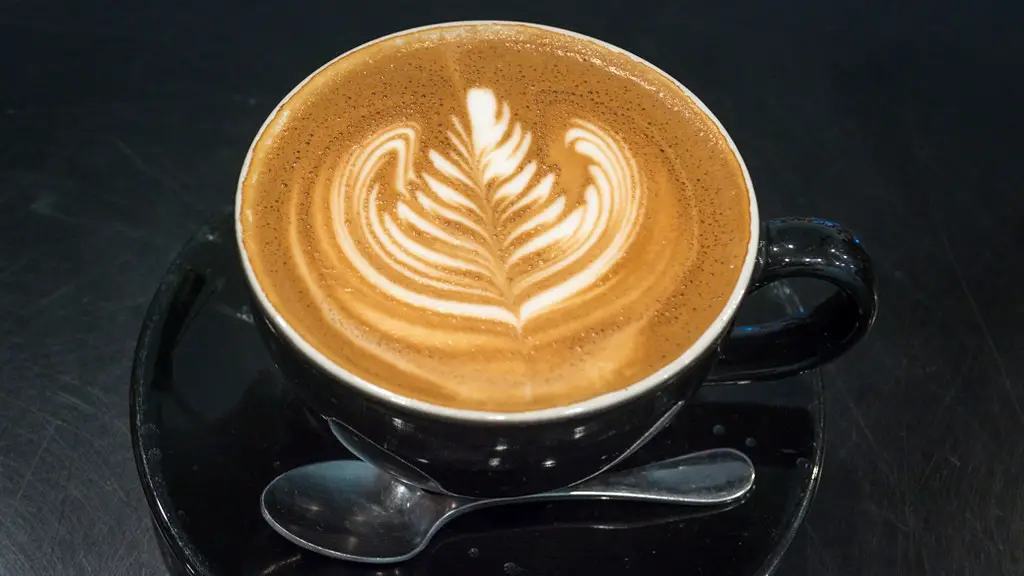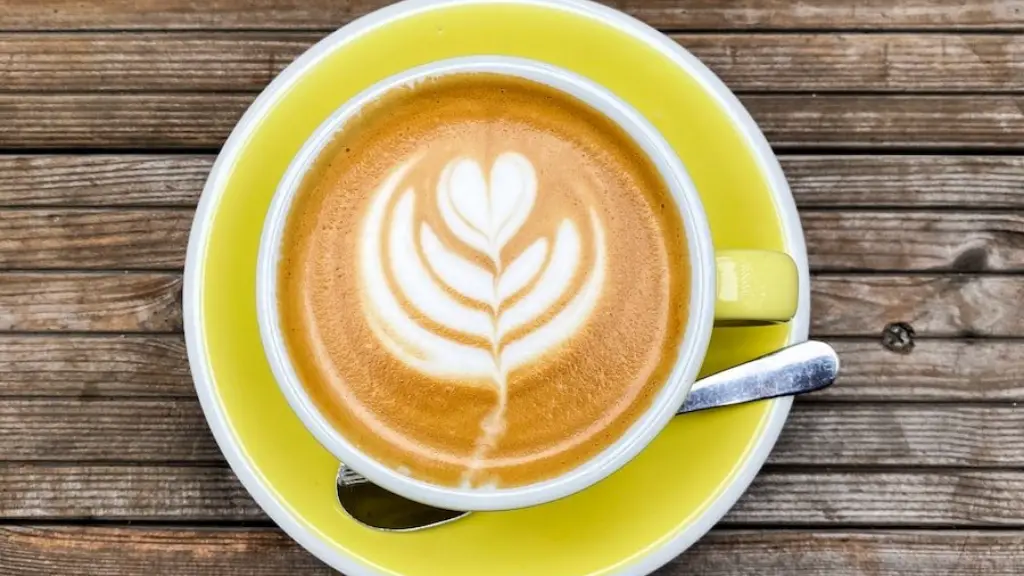Have you ever asked yourself what happens when you drink coffee for the first time? For some, it can be a life-changing experience. From energy boosts to improved alertness, coffee is one of the most popular beverages around the world. Whether you’re trying to stay awake during a late-night study session or just trying it out for the first time, let’s explore the effects of coffee on the body.
As coffee enters the digestive system, various substances and hormones are released that interact with the brain and influence the body. This is where the stimulation comes from, as it triggers the release of Adrenaline and Noradrenaline. These hormones are responsible for increasing heart rate, metabolism, and a feeling of alertness. From this reaction, you get an instant boost of energy, which can be helpful for making it through a tough day or getting through a workout.
Caffeine is the main stimulant in coffee and, depending on the person, can have very different effects. Caffeine acts as a stimulant by blocking the release of adenosine, which is a neurotransmitter that helps the brain relax and sleep. When caffeine is introduced, the brain functions faster than usual but eventually, the body becomes exhausted after levels of adenosine build up in the brain and cause the body to crash.
Coffee is also high in antioxidants, which help fight cell damage and can even lower the risk of some diseases. Antioxidants fight free radicals, which are either a by-product of our daily activities or may be formed through exposure to harsh chemicals, radiation, and other environmental toxins. The antioxidants from coffee enter your bloodstream and help keep cells healthy, reducing the risk of cancer, heart disease, and other chronic illnesses.
In addition to physical benefits, coffee can also have psychological effects. Studies have shown that the combination of caffeine and antioxidants can improve cognitive function and even boost memory. Coffee drinkers may be better able to concentrate and remember information than those who don’t drink it. Additionally, coffee can have a calming effect, which can help reduce stress and anxiety.
Overall, drinking coffee has its benefits, but it can also have negative side effects. Too much caffeine can result in jitters, headaches, and insomnia, so it’s important to consume it in moderation. Before heading out for a cup of joe, consider the potential effects of caffeine on your body and take it slow.
Foods That Help Balance Out the Effects of Coffee
If you’re tempted to reach for that third cup of coffee, consider opting for some food instead. There are certain foods that can help you balance out the effects of coffee and give you a more sustained energy boost. Pairing coffee with foods that are high in fiber and protein can slow down the absorption of caffeine, allowing it to take effect gradually. For instance, complex carbohydrates such as oatmeal can help your energy last longer, while fats like avocado can make you feel more energetic. Additionally, grabbing a small snack with your coffee can prevent you from crashing later in the day.
Tips to Help You Kick the Caffeine Habit
No matter how much you love your morning cup of joe, too much caffeine can have a negative effect on your body. Here are some tips to help you kick the caffeine habit:
- Start your day with a nutritious breakfast such as oatmeal or Greek yogurt, as these meals can provide sustained energy throughout the morning.
- Drink plenty of water throughout the day to keep yourself hydrated.
- Replace your afternoon cup of coffee with a herbal tea or decaf coffee.
- Try to look for healthier sources of energy, such as eating an apple or taking a short walk.
Advantages and Disadvantages of Coffee
Coffee is a complex mix of stimulants, antioxidants, and other substances. While it can provide a boost of energy and improved alertness, too much of a good thing is not healthy. Here are some of the advantages and disadvantages of coffee.
Advantages
- Improved energy levels and alertness
- Reduced risk of certain chronic illnesses
- Improved cognitive performance
- Can reduce stress and anxiety
Disadvantages
- Too much caffeine can lead to jitters, headaches, and insomnia
- Can be difficult to kick the caffeine habit
- Excessive coffee intake can lead to high blood pressure and other health issues
Are There Alternatives to Coffee?
There are plenty of alternatives to coffee if you’re looking for a more natural energy boost. Here are some of the most popular alternatives:
- Green tea: Green tea is an excellent source of antioxidants and contains less caffeine than coffee.
- Herbal teas: Herbal teas such as chamomile and peppermint are caffeine-free and can help reduce stress and improve your mood.
- Yerba mate: This South American beverage is becoming increasingly popular for its high caffeine content and energizing effects.
- Kombucha: This fermented tea is a great source of probiotics and can help improve digestion and boost energy.
- Matcha: Made from ground up green tea leaves, matcha is a powerful source of antioxidants and has been said to boost energy and enhance focus.
The Pros and Cons of Drinking Coffee
Coffee has become an integral part of our daily lives, and it’s no surprise that it has been linked to both good and bad health effects. Here’s a look at some of the pros and cons of consuming coffee on a regular basis.
Pros
- Provides an energy boost
- Can improve cognitive performance
- High in antioxidants
- Can reduce stress and anxiety
Cons
- Can cause jitters, headaches, and insomnia
- Can be difficult to kick the caffeine habit
- Excessive coffee intake can lead to high blood pressure and other health issues
- Coffee can be addictive
Finding the Right Balance with Coffee
Coffee can provide a much-needed energy boost, but it’s important to recognize its potential drawbacks. Finding the right balance is key to ensuring you get all the benefits without risking your health.
If you drink coffee, be mindful of your servings and assess the effects of the caffeine on your body. You can also opt for decaf or try other alternatives to get the same energy boost. By doing so, you’ll be able to enjoy the positives of coffee without having to worry about the negatives.



